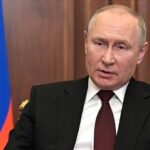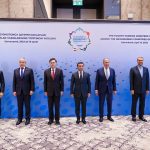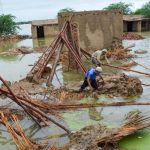Ivan Timofeev: Is neutering NATO the next Russia-China project?
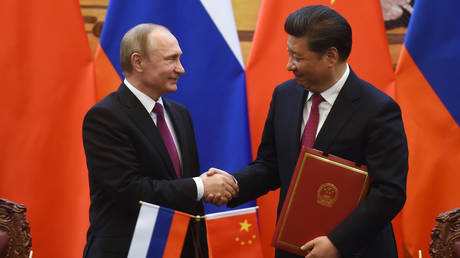
Ivan Timofeev: Is neutering NATO the next Russia-China project?
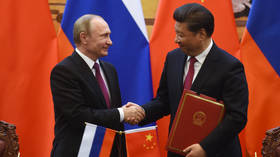
In his annual address to the Russian Federal Assembly on February 29, 2024, President Vladimir Putin emphasized the need for a new framework of equal and integral security in Eurasia. He also expressed the country’s readiness to engage in a substantive discussion on this matter with the relevant parties and organizations.
The initiative was pursued during Russian Foreign Minister Sergey Lavrov’s visit to China this month. Moscow’s top diplomat informed the press about an agreement with China to begin a discussion on the structure of security in Eurasia; a topic addressed during his visit. The fact that Putin’s proposal was on the agenda between the two major countries suggests that it may take concrete form, both in terms of political theory and practice.
The idea of Eurasian security naturally raises questions about other relevant initiatives. During his visit to Beijing, Lavrov directly linked the need for a new framework with challenges to Euro-Atlantic security, which is centered on NATO and the Organization for Security and Cooperation in Europe (OSCE). References to the Euro-Atlantic experience are significant for two reasons.
Firstly, the Euro-Atlantic project is characterized by a high degree of institutional integration. It is based on a military bloc (NATO) which maintains strict obligations for its members. Despite the end of the Cold War, the North Atlantic Alliance has not only survived but expanded to include former members of the Warsaw Pact. NATO is the largest and historically the most stable military bloc.
Secondly, the post-Cold War Euro-Atlantic project has failed to address the issue of common and shared security for all nations in the region. In theory, the OSCE could have brought together, in a single community, both NATO and non-NATO countries, including Russia. But since the early 2000s, the OSCE has experienced a process of politicalization which has favored the interests of Western countries.




